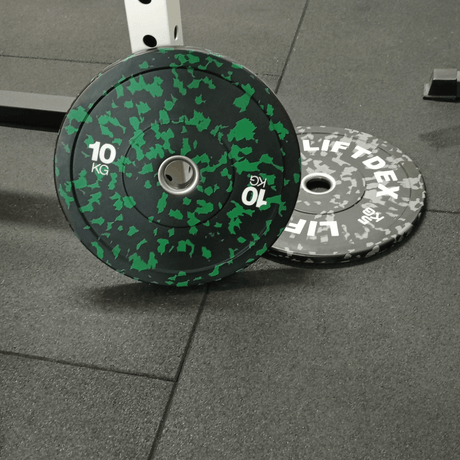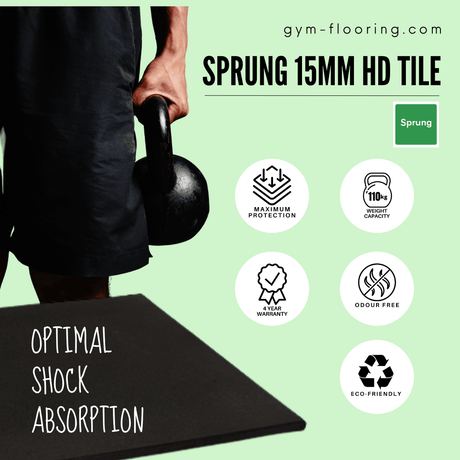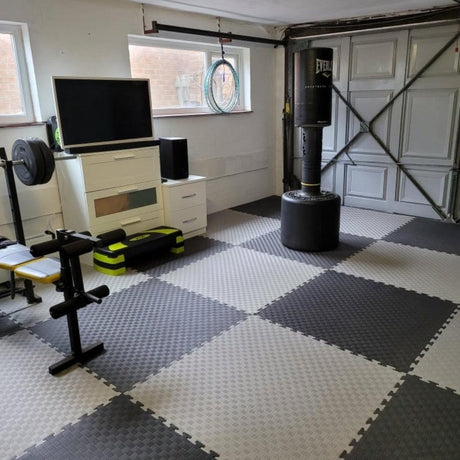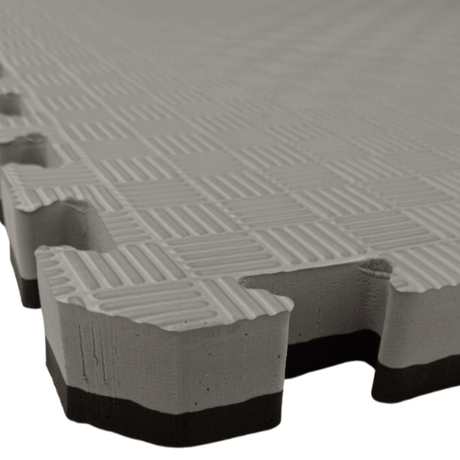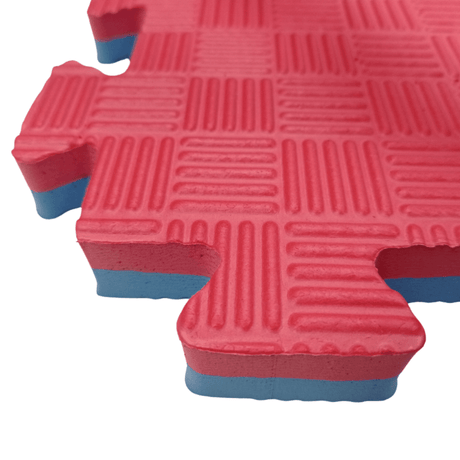Padel is a rapidly growing racquet sport that combines elements of tennis and squash. Originating in Mexico and popularised in Spain, padel has gained global popularity due to its accessibility, social nature, and health benefits.
How to Play Padel: Padel is played on a court smaller than a traditional tennis court, enclosed by glass walls and mesh fencing. It is typically played in doubles, with players using solid paddles and a lower-bouncing ball. The objective is to hit the ball over the net and into the opponent's court, utilising the walls to keep the rally going. The game follows similar scoring rules to tennis.
Health Benefits of Padel:
a. Cardiovascular Fitness: Padel is an excellent cardiovascular workout that gets your heart pumping. The fast-paced nature of the game, combined with constant movement and rallies, improves endurance and cardiovascular health.
b. Muscle Strength and Tone: Padel involves repetitive hitting, running, and lateral movements, engaging multiple muscle groups. The sport strengthens the lower body muscles (quadriceps, hamstrings, and calves) due to constant running and lunging. The upper body muscles, including the arms, shoulders, and core, are also utilised during swings and paddle movements.
c. Agility and Coordination: Action on a Padel court requires quick reflexes, agility, and hand-eye coordination. The need to anticipate the ball's trajectory and make split-second decisions sharpens these skills over time.
d. Balance and Stability: The dynamic movements and changes in direction during padel help improve balance and stability. The need to adjust body positioning and maintain control while hitting the ball enhances proprioception and overall stability.
e. Mental Well-being: Like other sports, padel can have positive effects on mental health. It offers an enjoyable and sociable experience, reducing stress levels and promoting overall well-being. Playing padel with friends or joining a club can provide social interaction, a sense of community, and an opportunity to develop new friendships.
One of the great advantages of padel is its accessibility to people of all ages and fitness levels. It can be enjoyed by beginners looking for a fun way to be active, as well as by seasoned athletes seeking a competitive challenge. The smaller court size and slower ball speed compared to tennis make it easier for beginners to learn and enjoy the game quickly.
Conclusion: Padel is an exciting and inclusive sport that combines elements of tennis and squash, offering a range of health benefits. Whether you're looking to improve cardiovascular fitness, build strength and tone muscles, enhance agility and coordination, or simply enjoy a sociable and engaging activity, padel has something to offer. Give it a try and experience the joy of this fast-growing racquet sport while reaping the numerous health benefits it provides.





